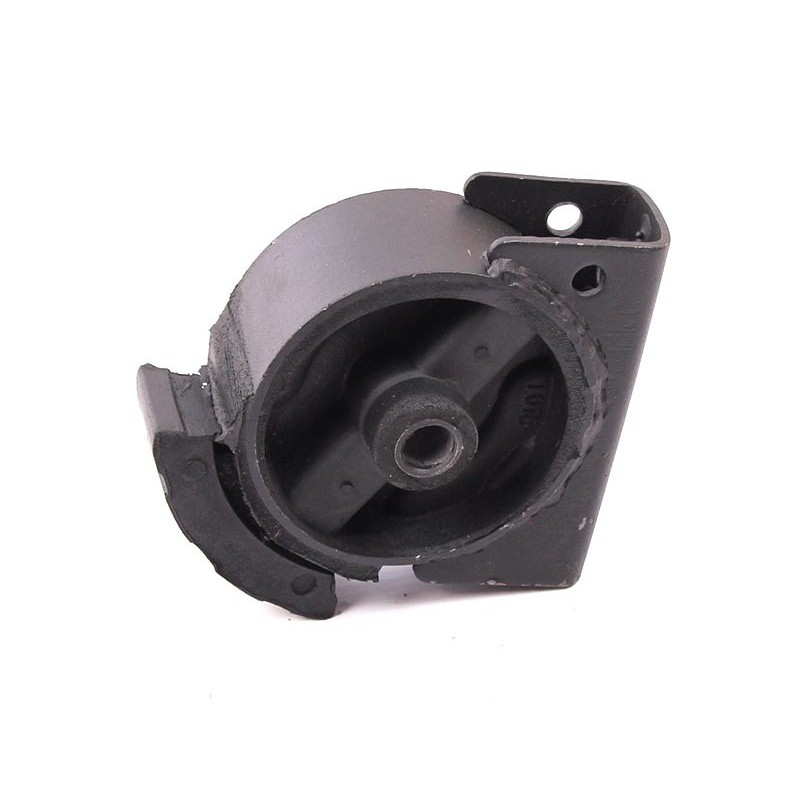Engine Purchasing Professional Tips on Choosing the Right Engine for Your Specific Needs
Picking the ideal engine for your particular needs involves an intricate interaction of elements that go beyond plain horsepower figures. By diving into the complexities of power versus efficiency, reviewing gas rankings, and budgeting for lasting expenses, one can truly maximize their engine choice.
Power Vs. Efficiency: Locating the Balance

When selecting an engine, it is important to strike a balance in between power and effectiveness to satisfy your particular needs effectively. Power describes the engine's capability to produce energy for propulsion, figuring out elements like velocity, hauling capacity, and general efficiency (Toyota Tazz Engine For Sale). On the various other hand, effectiveness relates to just how well the engine uses fuel to generate power, impacting factors such as gas economic climate and ecological kindness
Achieving the appropriate equilibrium between power and performance is necessary because an engine that is also powerful may eat extreme gas, resulting in greater operating expenses and unneeded stress on the environment. On the other hand, an engine that focuses on efficiency over power might result in sluggish efficiency, especially in requiring situations like pulling heavy tons or driving uphill.
To make an educated choice, consider factors such as your common driving problems, the desired use the vehicle, and your individual preferences. By evaluating your requirements and concerns, you can pick an engine that strikes the perfect balance in between power and efficiency, guaranteeing optimum performance while reducing ecological influence and operating expense.
Comprehending Engine Size and Type

Typical engine types include inline engines, V engines, and rotating engines, each with its one-of-a-kind benefits and disadvantages. Comprehending the interaction between engine size and kind is crucial in choosing an engine that lines up with your specific needs and priorities, whether it be power, performance, or a balance of both.
Consider Your Automobile's Demands
If you are looking for an engine for a durable vehicle that will certainly be utilized for towing, you will require a powerful engine with high torque capacities. On the various other hand, if you are selecting an engine for a small automobile mostly used for city travelling, fuel efficiency may be a more crucial aspect to consider.

Reviewing Fuel Effectiveness Rankings
Assessing fuel efficiency rankings is an essential element of choosing the best engine for your car, guaranteeing cost savings and ecological sustainability. Fuel effectiveness ratings, normally gauged in miles per gallon (MPG) for fuel engines or kilowatt-hours per 100 miles (kWh/100 miles) for electric engines, show how far a lorry can take a trip on a specific quantity of gas or electrical energy. Higher MPG or reduced kWh/100 miles values represent a lot more effective engines, converting to minimized gas expenses and lower carbon exhausts.
Additionally, contrast different engine options within the very same automobile class to recognize the most cost-effective option. Variables such as engine size, weight, the rules of aerodynamics, and crossbreed or electrical capacities can all affect gas efficiency.
Budgeting for Long-Term Prices
Purposefully preparing for lasting costs is critical when picking an engine, ensuring economic sustainability over the car's life-span. While the preliminary acquisition price of an engine is a substantial factor, it is critical to think about the long-lasting prices connected with upkeep, fixings, and fuel consumption.
In addition, looking into the schedule and cost of replacement components for the chosen engine is crucial in spending plan planning. Engines with readily offered and affordable parts can considerably influence long-lasting maintenance expenses. In addition, thinking about the engine's toughness and anticipated life expectancy can assist avoid unforeseen substitute expenses in the future. By thoroughly budgeting for these long-term expenditures and factoring them right into the navigate here decision-making procedure, individuals can pick an engine that not only meets their instant needs but likewise remains economical throughout its life expectancy.
Conclusion
To conclude, choosing the best engine for your details requirements requires stabilizing power and performance, comprehending engine dimension and kind, considering your automobile's demands, examining gas efficiency rankings, and budgeting for lasting prices. By meticulously considering these factors, you can make certain that you select an engine that meets your demands and gives ideal performance for your lorry.
To even more fine-tune see this site the selection process of an engine that strikes the ideal balance between power and efficiency, it is necessary to dig into the intricacies of recognizing engine dimension and kind. Engine size refers to the overall quantity of air and gas that can be pressed with the engine cylinders. Common engine types consist of inline engines, V engines, and rotary engines, each with its one-of-a-kind advantages look at here now and disadvantages. Comprehending the interplay between engine size and kind is vital in selecting an engine that lines up with your specific needs and top priorities, whether it be power, performance, or an equilibrium of both.
Gas performance rankings, normally measured in miles per gallon (MPG) for gasoline engines or kilowatt-hours per 100 miles (kWh/100 miles) for electrical engines, suggest exactly how far a car can take a trip on a specific quantity of fuel or electrical energy.